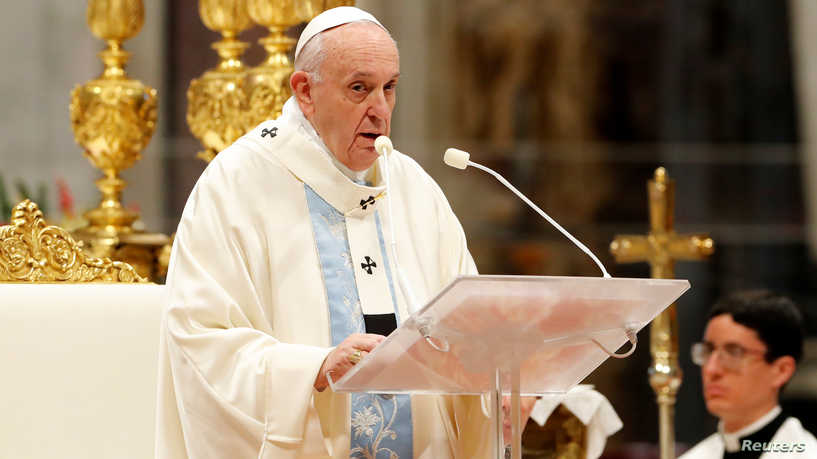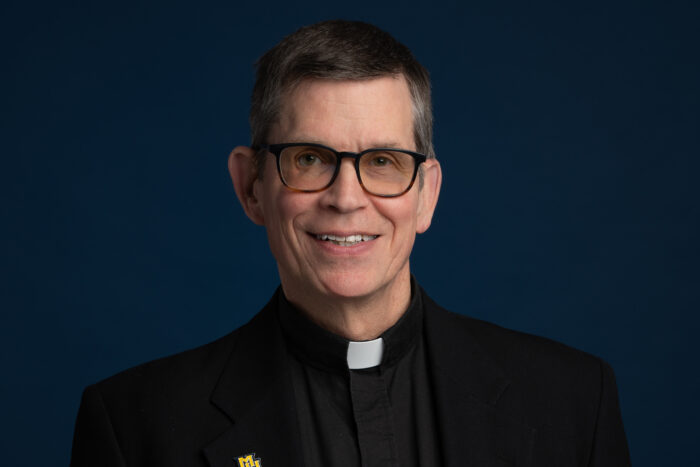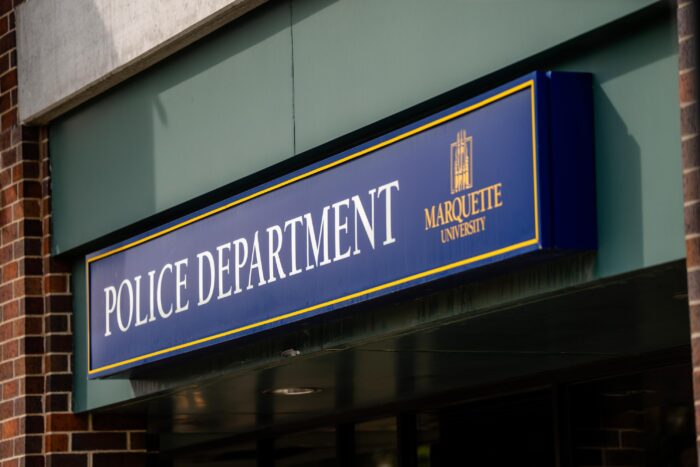
By Rev. T. Michael McNulty, S.J., Center for Peacemaking scholar in residence
“Peace is a great and precious value, the object of our hope and the aspiration of the entire human family.” This is how Pope Francis begins this year’s World Day of Peace message titled “Peace as a Journey of Hope.” And hope is exactly the theme that recurs throughout and animates the message. It ties together a number of themes that have characterized his papacy: dialogue, reconciliation, justice and ecological conversion.
Stability and peace, Pope Francis says, “can be achieved only on the basis of a global ethic of solidarity and cooperation in the service of a future shaped by interdependence and shared responsibility in the whole human family of today and tomorrow.”
This ethic of solidarity requires the recognition that everyone else in the world is just like me. In the words of Henry Nouwen, “[S]olidarity [is] the deep consciousness of being part of humanity, the existential awareness of the oneness of the human race…. Solidarity is more — much more — than the intellectual affirmation of shared humanity; it is the profound felt experience of human sameness.”
But peace will not be obtained unless it is hoped for. “[The hope for peace is] the virtue that inspires us and keeps us moving forward, even when obstacles seem insurmountable.”
Hope for peace, as St. Pope Paul VI understood, integrally involves aspiring for a just economic system, to which Francis adds his own call for reconciliation with the natural world.
There is a call to action integral and explicit in the message: “The world does not need empty words but convinced witnesses, peacemakers who are open to a dialogue that rejects exclusion or manipulation. In fact, we cannot truly achieve peace without a convinced dialogue between men and women who seek the truth beyond ideologies and differing opinions.” The process of peacemaking requires an enduring commitment and an unflagging hope. Answering Pope Francis’s call is a challenge to all of us.


